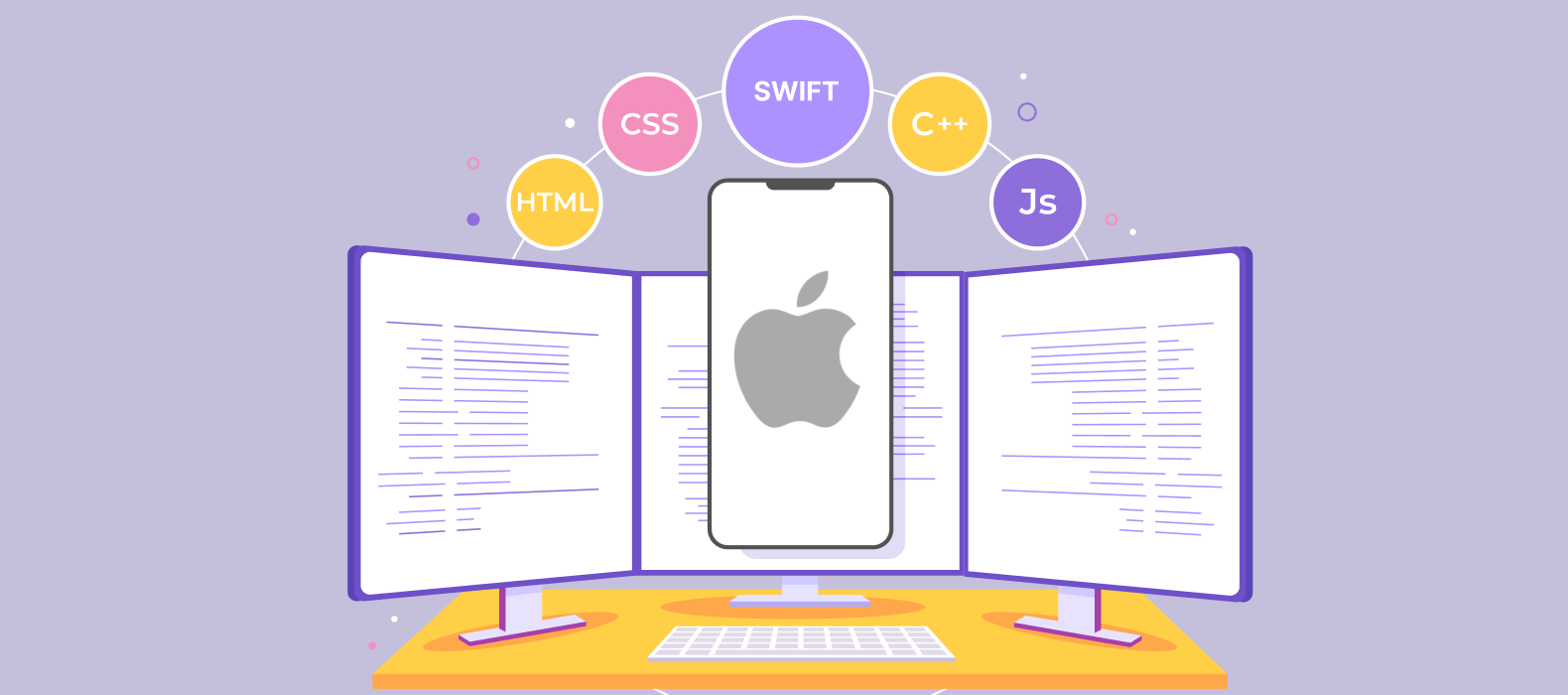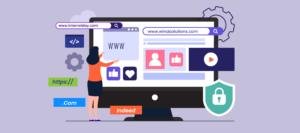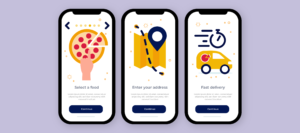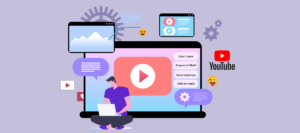More than 1 billion iPhones are in use today, accounting for 23.4% of the worldwide smartphone market, more than any other handset maker. More than 2.23 million iPhone apps are already available in the Apple App Store, and this figure is rising.
With the introduction of the first iPhone in 2007, Apple has grown tremendously in this industry. Since then, they have built up a sizable customer base, and today, iOS is present on more than one billion devices. With more than 1.6 million apps, Apple’s App Look is the second most popular store. This demonstrates abundantly the potential that the Apple ecosystem holds for developers.
Developing an iOS app no longer necessitates using only native code, and various iPhone app development languages have emerged. Consider your options and determine which is best for your project if you also consider the iOS market for your upcoming mobile app.
So, How do you pick the best languages for your iOS app? What is the most significant programming language for iOS? Find out by reading on.
Before Finding the Top iPhone app development language, Choose the Top-Notch iPhone App Development Companies in 2023.
Top 10 iPhone App Development Languages
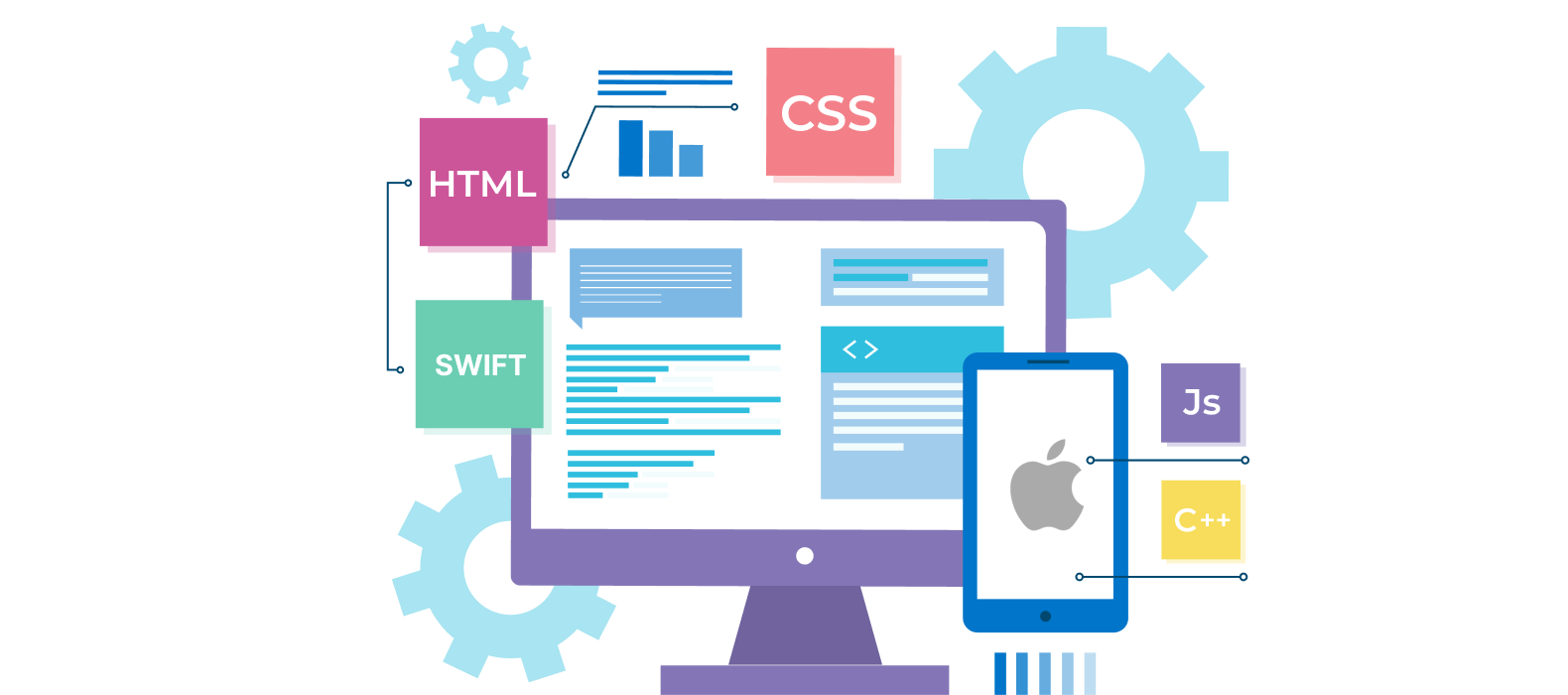
| S.No. |
iPhone App Development Languages |
Advantages |
|
1. |
Swift |
Easy to learn and use , Stable and reliable |
|
2. |
Objective-C |
Supports dynamic typing, stable language |
|
3. |
JavaScript + React Native |
Recognizes and uses native APIs, Broad support and documentation |
|
4. |
Dart + Flutter |
Faster than JavaScript, Single-codebase |
|
5. |
HTML5 |
Multimedia support, Improved security features |
|
6. |
Java |
Open-source, Flexible, Secure |
|
7. |
C# |
Open-source, High performance |
|
8. |
Python |
Flexible and Extensible, Highly Scalable |
|
9. |
C++ |
Portability, Memory Management |
|
10. |
Ruby |
Time efficiency, Huge and active community |
1. Swift –
Since its introduction, Swift has become one of the most widely used iPhone app development languages for creating iOS, iPadOS, macOS, WatchOS, and itvOS. Programming native iOS apps in Swift is what we refer to when we talk about the process. Swift replaced dated languages like C, C++, and Objective-C. It is contemporary and lightweight. Compared to interpreted languages, Swift is quicker since it is a compiled programming language. According to Apple, Swift is 8.4 times faster than Python and 2.6 times faster than Objective-C.
2. Objective-C –
Tom Love and Brad Cox first proposed Objective-c in 1984 to offer an extension of OOPS and related properties. It was extensively used by developers long before Swift was released, and it is currently one of the most excellent options for developing iOS apps. The learning curve for Objective-C as an iOS development programming language is higher for novice developers.
3. JavaScript + React Native –
One of the best programming languages available, JavaScript is adaptable to various applications and renowned for being quick and skilled at building complex user interfaces and experiences. Meta offers React Native, which has a sizable user base. You may also use it to launch your app on the Android operating system. Native iOS apps may be created using JavaScript and React Native, a cross-platform framework. You’ll need to use a framework like React Native to develop an iOS app using JavaScript. React Native renders the native iOS user interface after the programme is finished.
4. Dart + Flutter –
Dart isn’t the best iPhone app development languages if you’re just getting started. Dart is a type-safe Google programming language mainly used to create mobile and online applications. Dart is another choice for building cross-platform apps with a single codebase when combined with the Flutter framework. You’ll need Xcode and a Mac computer to publish an iOS app using Flutter. Google Pay and Abbey Road Studios Topline are some of the apps developed for iOS and Android using Flutter and Dart.
5. HTML5 –
App developers combined it with JavaScript and CSS while creating iOS apps. Roughly 88.5% of all websites use HTML5, according to W3techs. These days, small-scale entrepreneurs use this language because it doesn’t take much time and is also considered a very economical toolbox. If you’re starting, you can learn and create iOS apps with HTML5.
6. Java –
Java is a general-purpose computer language that resembles languages similar to C. Creating iOS and Android applications using this general-purpose programming language is possible. Java’s ability to execute on any platform without recompilation makes it an exceptionally dependable and quick cross-platform programming language. It is simple for the iOS (iPhone/iPad) platform to convert Java source code to Objective-C.
7. C# –
Microsoft developed the object-oriented, cross-platform programming language C# in 2000. In 2022, C# ranked as the seventh most-used programming language among experienced developers. This new language is frequently utilised to create cross-platform applications, but websites, web APIs, games, and other applications also use it. But when Xamarin came along, it wasn’t considered a programming language for iOS apps. The hybrid app development framework Xamarin, based on C#, enables teams to share most of the code between apps for various target platforms, facilitating the development and support of those apps.
8. Python –
Python is free and open-source iPhone app development languages that anybody can use and share. Even though it’s not the most popular language for iOS development, iOS apps may be made with Python with programmes like Kivy or BeeWare. This programming language supports development with these frameworks, allowing quicker development times, more effective system integration, and low-cost maintenance.
9. C++ –
A general-purpose programming language called C++ can be used to create iOS apps. It offers low-level access to the system and can be used for applications’ performance-critical components. It is advised because you have much control over using too much memory and system resources. Its attributes make it one of the most outstanding options for app development, including rich libraries, rapid growth, and dynamic memory allocation.
10. Ruby –
One of the object-oriented, dynamic iPhone app development languages is Ruby. Through technologies like RubyMotion, which enables programmers to create Ruby code that is later turned into native iOS applications, it can be utilised for iOS development. In Ruby, everything is an object except blocks, but procs and lambda can be used in their place. Making Ruby function as a logical barrier between human programmers and the underlying computing infrastructure was the primary goal of its development.
Things you need to know before developing an iphone app
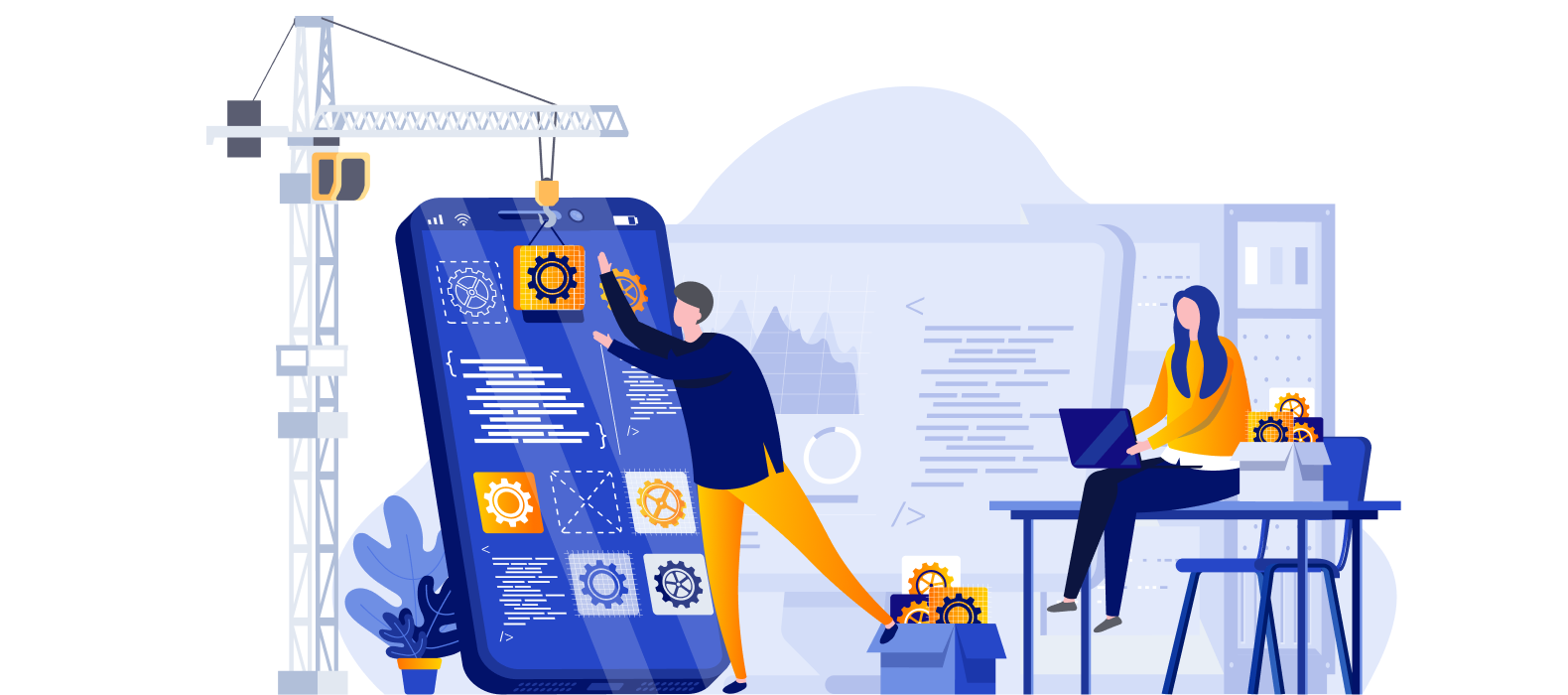
Developing an app has lower initial expenses but higher odds of attracting a sizable user base than other niches. Due to this, the potential of creating your brilliant app idea is even more alluring. The best platform for doing it is iOS, hands down.
Here are ten things to keep in mind before diving right into the world of iOS apps, yet, before you do:
- Know Your Market
- Choosing The Right Platform
- Choosing The Right Team
- Build The App In Increments
- Don’t Neglect The Design
- Code Correctly
- Test your app
- Use features to increase user interaction
- Traffic management
- Price and promotion of your app
Wrapping Up
In the end, We’ve covered ten widely used iPhone app development languages that you can use to create your next iOS application. Making a decision now should be a lot simpler because we have reviewed the ideal use cases and the advantages and disadvantages of each. Whatever language you choose, you’ll need to hire personnel for your development team. We step in to help with that now!
So, if you require any assistance with your iPhone app development services, please pick an iPhone app development company like Pairroxz Technologies to assist you with your project.
FAQs
Question 1: How can I create iOS applications?
Most individuals anticipate iOS app development since the App Store generates more revenue than Google’s Android platform, although the motivation can differ from person to person. The iOS platform offers a smooth user experience and is much faster and more secure than Android.
Question 2: How can I create a free iPhone app?
You can learn how to develop an iPhone app with specific software that enables building apps with design templates without coding. But it is best to connect with iOS app specialists if you want a reliable iPhone app development solution that will satisfy all your business requirements.
Question 3: Which programming language is employed in iOS apps?
Swift and Objective-C are the two primary iPhone app development languages used to create iOS applications.

